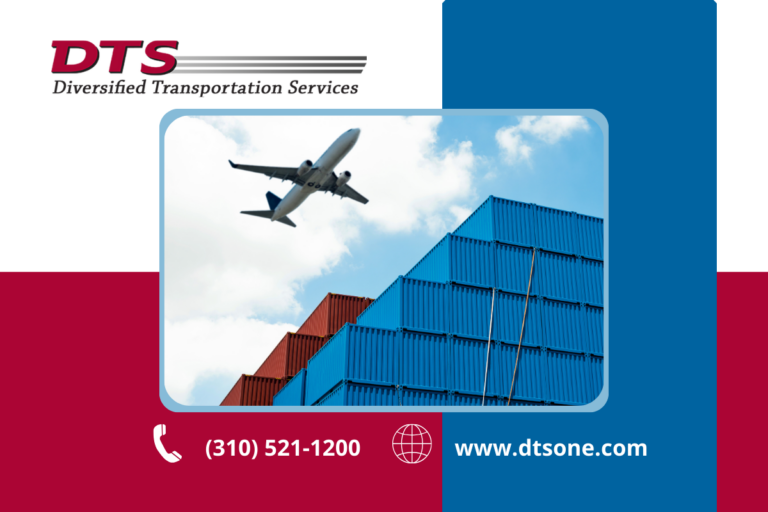Air freight shipping has become an increasingly vital alternative for many businesses due to its speed and reliability. With the recent collapse of Hanjin Lines, some ports have seen congestion of containers on a chassis and a lack of genset (diesel generator on a chassis or a container for reefer commodities) availability for reefer container moves.
Many clients have asked us what to do to help ensure that they get their shipments. With the upcoming holiday, tight capacity in various markets, port congestion, and air capacity beginning to tighten, it truly depends on how urgently you need your products.
Here are 3 quick tips when choosing between ocean or air freight shipping
- Shipping a container of "in-stock" items: While moving the majority of the product via Ocean, expediting a small portion, 1 or 2 pallets via Air international shipping is an efficient blended solution while also, a great overall option helping to ensure “stock” product availability as well as consignee’s satisfaction.
- If your items are needed for a project, deadline, or installation: We would advise you to have air freight shipment to avoid delays. Many shipments into some CFS's (Container Freight Station) have been delayed not only on the ocean, but at the port, and out of the CFS's due to the large influx of containers.
- Potential loss of sales with items being on the ocean is never a good option: Keeping your clients happy as well as plenty of on-hand inventory to fulfill those clients' needs is always a balancing act within your supply chain. Air freight quote may seem expensive at first, but it is truly not expensive if you analyze all the metrics. One major component in that analysis would be, "What is the true value of keeping a client happy?" That value of a happy, repeat client, is truly priceless.
